Close arrow_back
- menu title
-
Custom Menu
add remove
-
Navigation
add remove
-
menu title
add remove
-
menu title
add remove
-
menu title
add remove
-
menu title
add remove
-
menu title
add remove
- menu title
-
Custom Menu
add remove
- Navigation add remove
-
menu title
add remove
-
menu title
add remove
-
menu title
add remove
-
menu title
add remove
-
menu title
add remove
Response to a Marine Oil Pollution Incident, 2016 Edycja
This publication provides Guidelines on international offers of assistance (IOA) in response to a marine
oil pollution incident and is designed for use by any country, particularly parties to the International
Convention on Oil Pollution Preparedness, Response and Co-operation, 1990 (OPRC 1990), as a tool to
assist in managing requests for spill response resources and offers of assistance from other countries and
organizations when confronted with large, complex or significant oil spill incidents.
Although developed by a technical group of the IMO, these guidelines could be used during large,
complex or significant oil spills within inland areas as well as marine or coastal environments. While
these guidelines can play an important role in the implementation of the OPRC 1990 Convention, they
are not prescriptive or legally binding, and are meant as a tool to assist as needed.
oil pollution incident and is designed for use by any country, particularly parties to the International
Convention on Oil Pollution Preparedness, Response and Co-operation, 1990 (OPRC 1990), as a tool to
assist in managing requests for spill response resources and offers of assistance from other countries and
organizations when confronted with large, complex or significant oil spill incidents.
Although developed by a technical group of the IMO, these guidelines could be used during large,
complex or significant oil spills within inland areas as well as marine or coastal environments. While
these guidelines can play an important role in the implementation of the OPRC 1990 Convention, they
are not prescriptive or legally binding, and are meant as a tool to assist as needed.


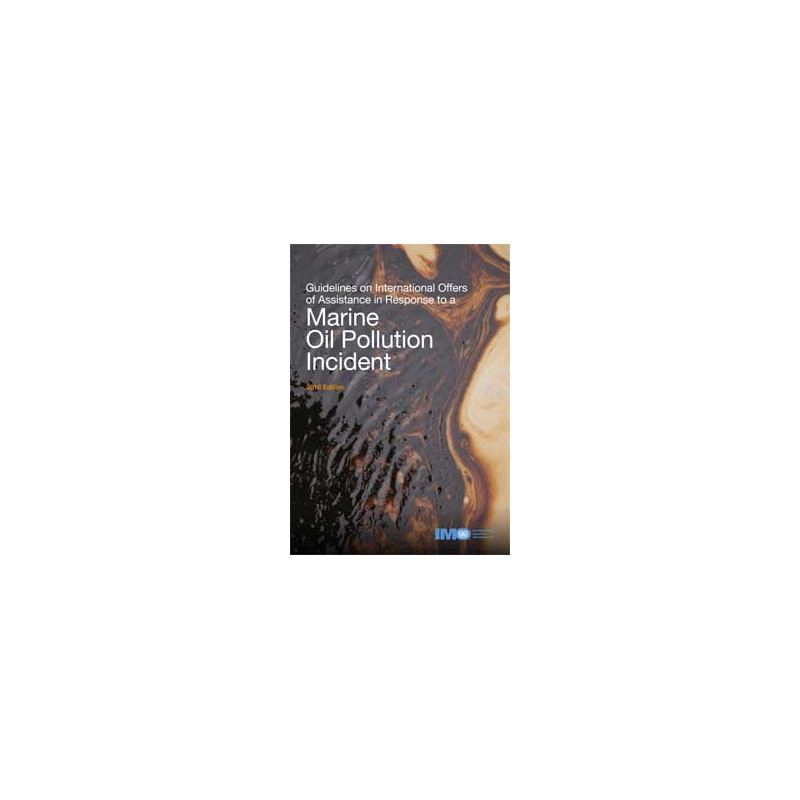

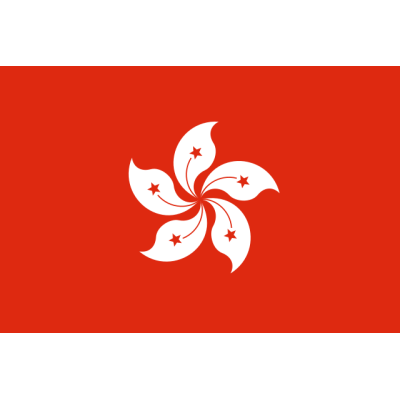
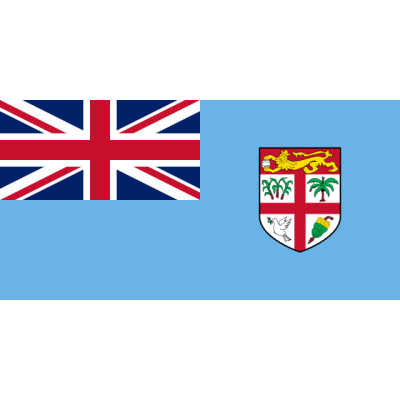
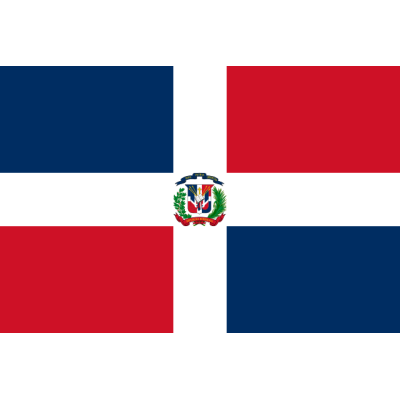
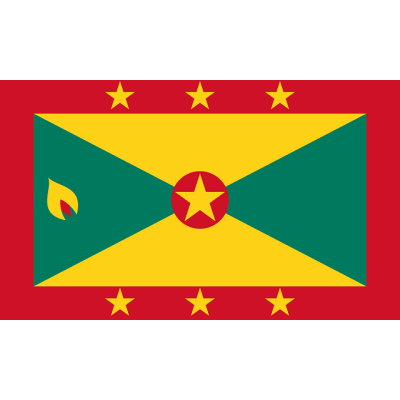
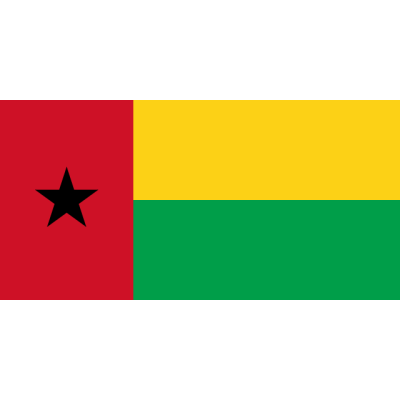
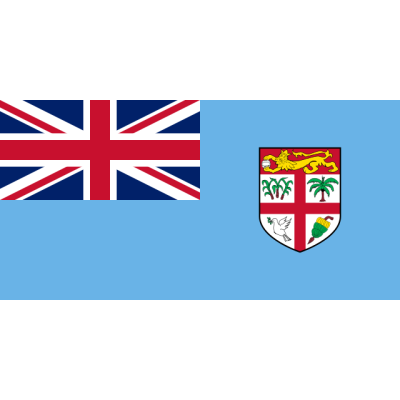
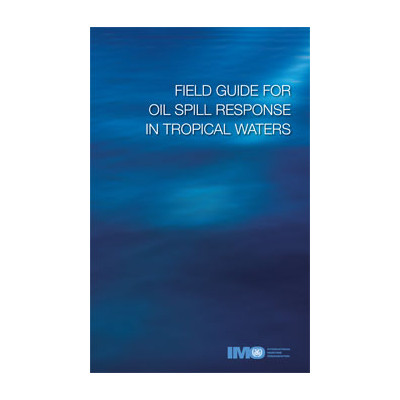
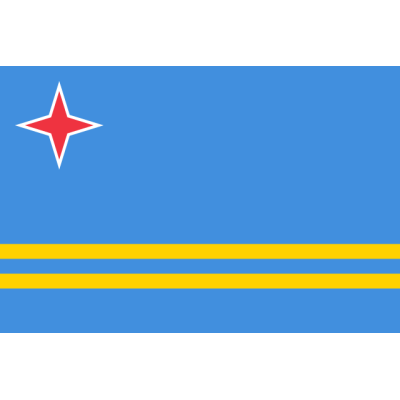
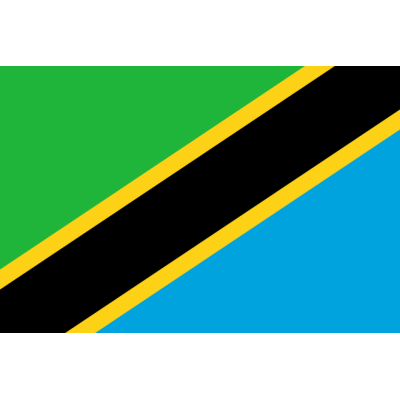
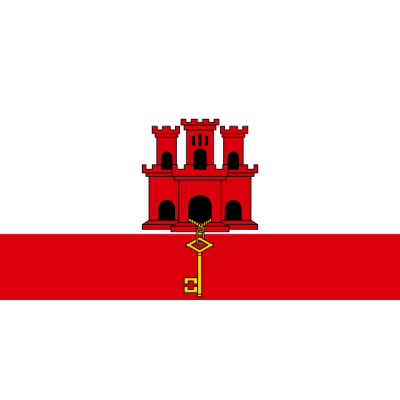
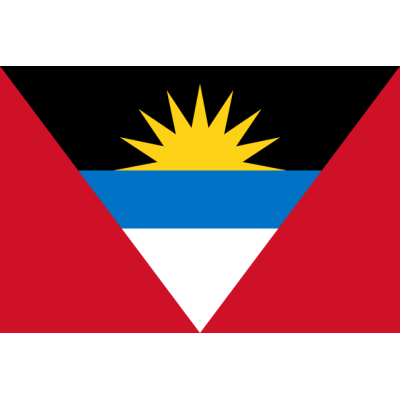
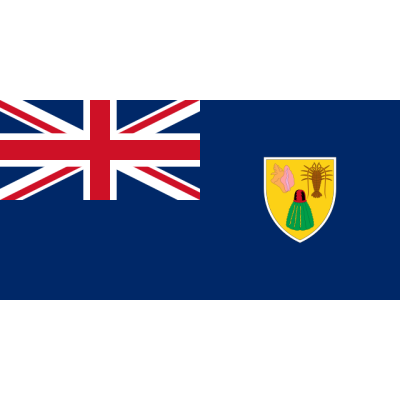
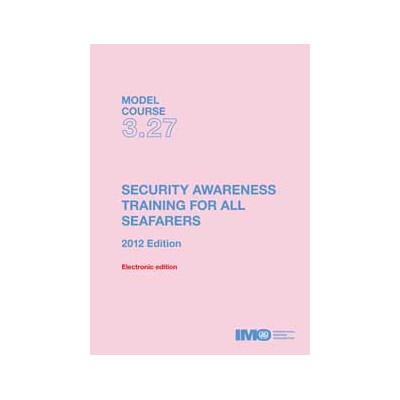

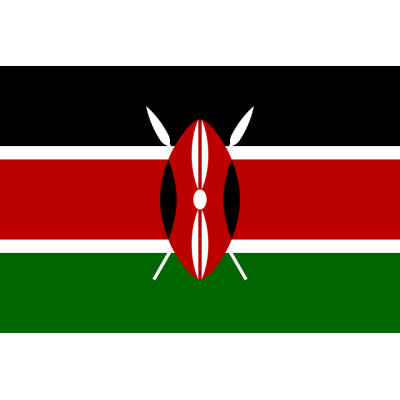
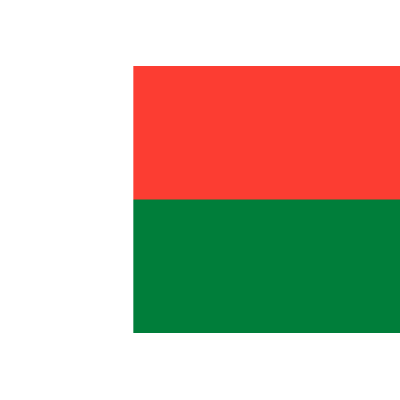
 Cookies
Cookies